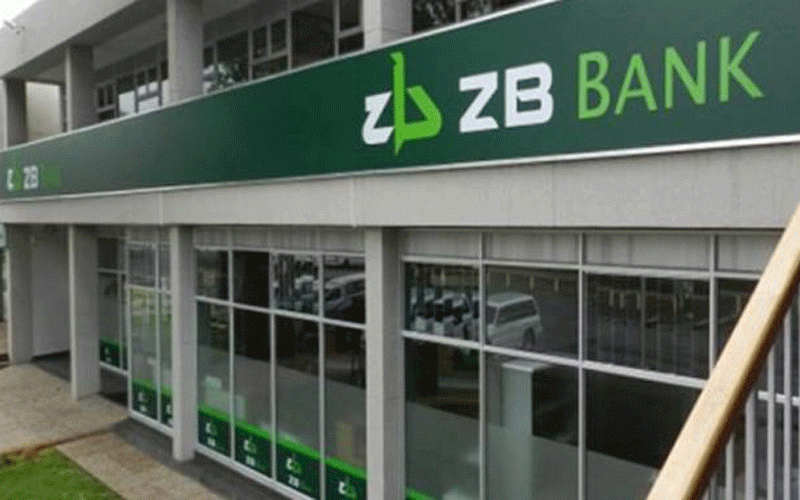
FINANCIAL services group ZB Financial Holdings Limited (ZBHL) has said it remains resilient and committed to providing value-adding financial solutions to the economy despite the predicted short-to- medium trading environment challenges.
Zimbabwe’s annualised gross domestic product growth is projected to fall to 3,5% this year from 5,5% in 2023 , according to official estimates.
The economy is expected to be negatively impacted by an El Niño-induced drought, which will likely cause the country to incur a huge import bill to procure grain to alleviate resultant food shortages.
In a trading update for the first quarter ended March 31, 2024, Tinashe Masiiwa, group general counsel at ZBFHL, said the financial entity remained optimistic amid these challenges.
“Despite the predicted short-to-medium trading environment challenges, especially when the market is adjusting to the introduction of new currency modalities and El Niño-induced challenges, the group remains resilient and committed to providing value-adding financial solutions to the nation at large,” he said.
“Furthermore, the group endeavours to deliver shareholder value through implementation of sustainable revenue generation, investment portfolio diversification and effective cost management strategies.”
The group’s inflation-adjusted profit after tax for the period under review stood at ZWL$967,557 billion, up 78% — the comparable quarter last year.
Inflation adjusted total income increased by 120% to ZWL$2,347 trillion.
- ZB in massive shake-up
- Top banker seeks further rate cuts
- ZB expands its services to Botswana
- ZB moves to lay off excess staff
Keep Reading
“This performance is explained by a 214% increase in fair value credits and foreign exchange income, a reflection of asset value adjustments in sympathy with a vastly-changed operating environment,” Masiiwa said.
“Sustainable trading income increased by 53%, driven by non-funded income which increased by 69%.”
Inflation-adjusted total expenses increased by 30% to ZW$745,622 billion against tight cost-containment measures employed by the group. In the short to medium-term, the counsel noted that generating sustainable earnings and cost-containment initiatives continues to be an imperative strategic goal.
Inflation-adjusted assets growth for the group was restricted to 2% to ZWL$21,792 trillion. This was mainly attributable to the tightening of monetary policy by the central bank, which also restricted deposits mobilisation and credit creation for the group.
“This negatively affected the funded income performance for the group for the three months under review. However, the group maintained an average liquidity ratio of 60% throughout the period under review,” he said.
Asset quality remained acceptable with non-performing loans being maintained below the regulated benchmark of 5%.
The group’s total equity increased to ZWL$10,444 trillion as at March 31, 2024 from ZWL$9,476 trillion in the comparative period last year, driven by the period’s performance.
Masiiwa said the group’s capital and liquidity levels remained strong with all business units compliant with minimum regulatory capital requirements apart from ZB Building Society.
The ZBFHL’s 2023 financial results will be published by May 30, 2024, an extension which was sought to give time to implement additional processes required to deal with the requirements of IFRS 17-insurance contracts.






